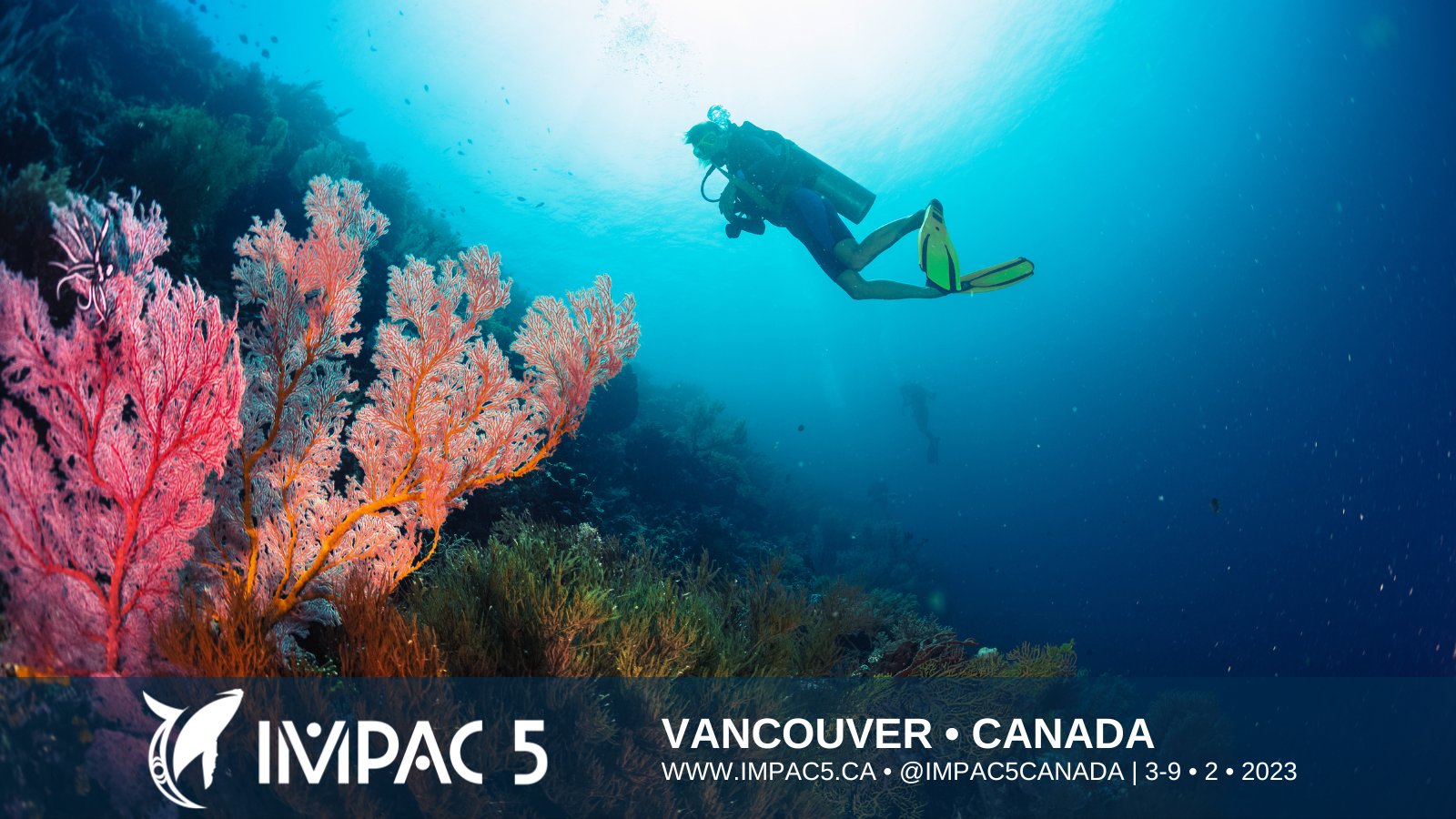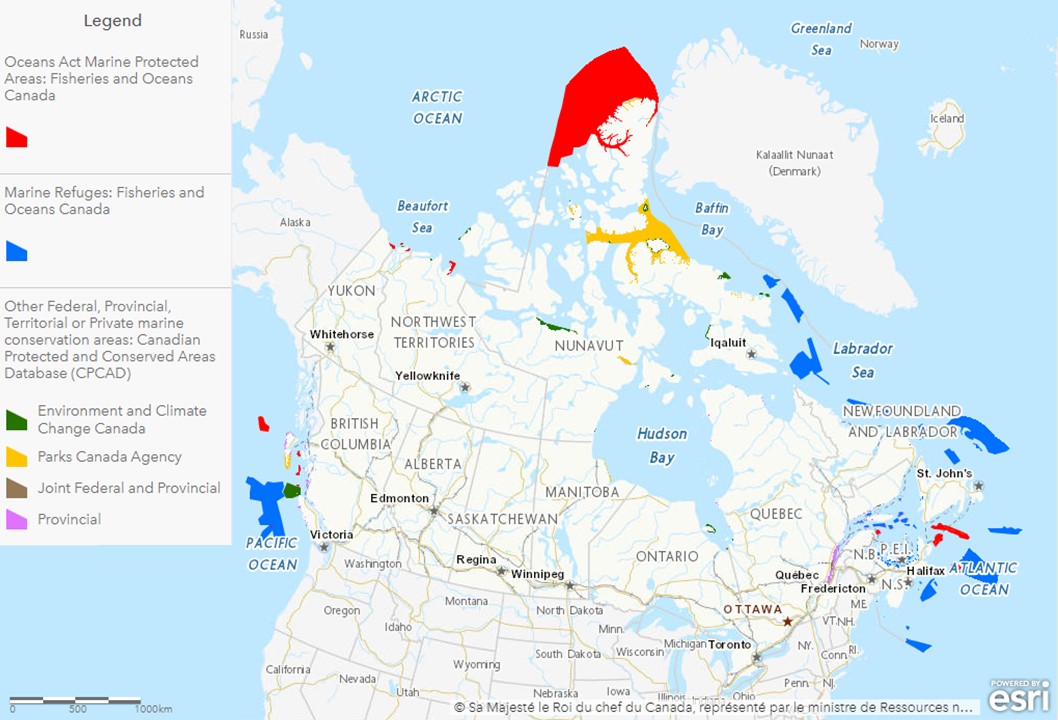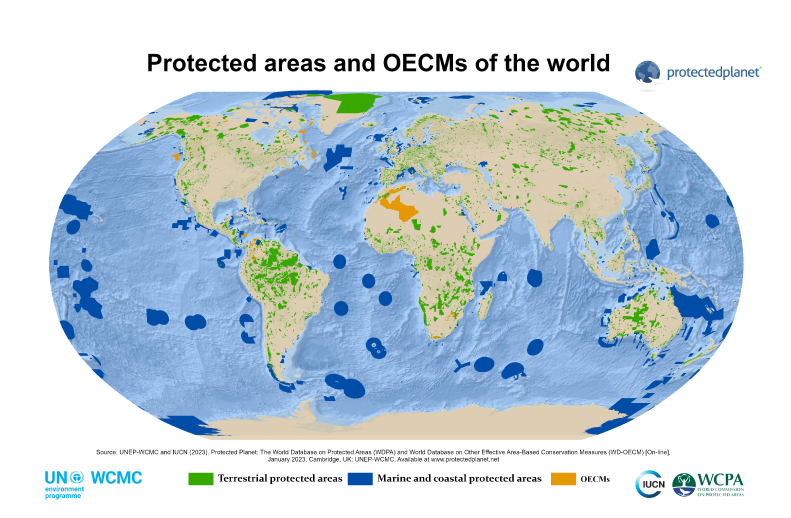
If you care about protecting the ocean and the amazing creatures that inhabit it, there is no better place to be this February than Vancouver. That’s because many of the world’s leading experts on ocean conservation will be in town for the 5th International Marine Protected Areas Congress (IMPAC5).
Held every four years, IMPAC is a major global forum meant to inform, inspire and lead to action on ocean conservation. The event is being jointly hosted by the host First Nations – xʷməθkʷəy̓əm (Musqueam), Sḵwx̱wú7mesh (Squamish), and səlilwətaɬ (Tsleil-waututh) – together with the Province of British Columbia, the Government of Canada, the Canadian Parks and Wilderness Society (CPAWS) and the International Union for the Conservation of Nature (IUCN), and will be running from February 3-9 at the Vancouver Convention Centre.
West Coast is excited to participate in the Congress, especially because we are expecting significant announcements from the Canadian government regarding some of the most important marine conservation initiatives we have been working on.
In order to get you prepared for the big gathering, below we provide some background on what the event is all about and a few major announcements to look out for.
What are marine protected areas?
Marine protected areas (often referred to by the acronym “MPAs”) are areas of the ocean that are legally protected and managed to conserve marine biodiversity and associated ecosystem services. MPAs are among the most effective tools for protecting and restoring ocean health and, when effectively designed and managed, they can help to protect species and habitats, build resilience to climate change, promote food security, support local economies, and provide many other benefits to wildlife and human well-being.
Expanding the global coverage of MPAs is one of the most important actions that we can take to halt ongoing declines in marine biodiversity, fight climate change, and support sustainable ocean economies. Yet only 8% of the global ocean is currently covered by MPAs. In Canada, there is also room for improvement given that less than 15% of all marine and coastal areas are protected within MPAs (and Other Effective Area-based Conservation Measures, or OECMs).
 DFO 2022. Canada’s marine protected and conserved areas as of 2022-10-21. Adapted from an online map available at: https://www.dfo-mpo.gc.ca/oceans/maps-cartes/conservation-eng.html
DFO 2022. Canada’s marine protected and conserved areas as of 2022-10-21. Adapted from an online map available at: https://www.dfo-mpo.gc.ca/oceans/maps-cartes/conservation-eng.html
In recognition of the need for greater protection, governments from around the world have committed to protect 30% of the planet’s ocean by 2030 through a landmark agreement reached at the United Nations Biodiversity Conference (COP15) in Montreal this past December. Canada is one of the countries that has adopted this commitment, and this will require Canada to essentially double the current area it currently protects under MPAs.
Indigenous nations have been stewarding their coastal and marine territories since time immemorial and most recently are establishing Indigenous Protected and Conserved Areas (IPCAs) to ensure their waters are healthy into the future. For example, the Council of the Haida Nation has established Haida Heritage Sites throughout their marine territory including SGaan Kinghlas-Bowie Seamount and Gwaii Haanas; the Kitasoo Xai’xais Nation declared Gitdisdzu Lugyeks to be an MPA; and the Mamalilikulla First Nation declared the Gwaxdlala/Nalaxdlala (Lull Bay/Hoeya Sound) an IPCA.
The federal government has recognized that supporting Indigenous-led conservation is crucial for meeting the 30% by 2030 (30x30) target and advancing reconciliation with Indigenous nations. A forthcoming report from the Assembly of First Nations will outline steps that Fisheries and Oceans Canada (DFO) can take to better support marine IPCAs moving forward.
What is IMPAC5?
IMPAC5 will provide an opportunity for the global community to chart a course towards the ambitious 30x30 target. It will also be a space to exchange knowledge, experience and best practices to strengthen existing and future MPAs.

UNEP-WCMC (2023). Protected areas map of the world, January 2023. Available at: www.protectedplanet.net
The Vancouver IMPAC5 is expected to be the largest Congress to date with an anticipated 3,000 in-person attendees, plus an additional 1,000 virtual participants. Participants will include scientists, environmental NGOs, Indigenous groups and ocean guardians, marine law and policy experts, government officials and others.
The Congress program includes more than 240 sessions and over 800 presenters, noteworthy keynote speakers like Sylvia Earle, and an array of side events, alongside celebrations of arts and culture. West Coast staff lawyers will also be presenting, including Michael Bissonnette who will speak about the MPA Network in Northern British Columbia; Stephanie Hewson who will speak about amending the Oceans Act as part of a broader ocean protection campaign; and Georgia Lloyd-Smith who will speak to the importance of coastal and marine IPCAs here in Canada.
If you are Vancouverite who does not have a pass to the official Congress event, fear not, there will also be a number of events open to the public, including the Ocean Festival – a free two-day, all ages festival celebrating our planet’s ocean (at Jack Poole Plaza on February 3-4). Another festival worth checking out is the Georgia Strait Alliance’s Festival of Ocean Films, taking place February 6 and 7. Those unable to make the screenings in Vancouver can still join the virtual component of the festival from home, which will feature a range of award-winning ocean-focused films.
Expected announcements from the Canadian Government
IMPAC5 will end with a one-day Leadership Forum on February 9, where the results of IMPAC5 will be presented and commitments to expanding ocean protection will be announced or reaffirmed. Here are three anticipated announcements from the federal government that West Coast has been pushing for:
- Charting a path towards 30x30: Riding the wave of COP15, West Coast will be advocating alongside other environmental organizations for Canada and other countries to publicly adopt their roadmaps for protecting 25% of the ocean by 2025 and 30% by 2030. At the conference itself, MPA professionals will consider actions needed to tackle biodiversity and climate crises, as well as solutions for a sustainable, conservation-oriented blue economy.
- Endorsing a plan to create Canada’s first MPA network: An anticipated announcement at IMPAC5 is the endorsement of an action plan to create Canada’s first MPA network in the Northern Shelf Bioregion of British Columbia (also known as the Great Bear Sea). Stretching from Northern Vancouver Island to the Alaska border, this network of MPAs will be collaboratively developed and managed by 17 First Nations, the Government of Canada, and the Province of BC. This is an initiative that West Coast has been supporting for several years and we are so excited to see it make it to this point. You can learn more about the Northern Shelf and the anticipated benefits of MPA network at greatbearsea.org.
- Committing to implement minimum standards for all new MPAs: Another anticipated announcement by the Government of Canada is the adoption of detailed guidance on how to implement minimum protection standards for MPAs. The government first announced it would adopt minimum protection standards in 2019, but since then has released no further policy or law to guide their application. These standards are essential for functioning MPAs as they prohibit four key industrial activities in all new federal MPAs: oil and gas activities, mining, dumping, and bottom trawling. West Coast has been at the forefront of advocating for minimum standards of protection since 2017, and we are looking forward to seeing them formally adopted through government policy.
To learn more about IMPAC5, please check out the official website at https://www.impac5.ca/.
Top image: IMPAC5